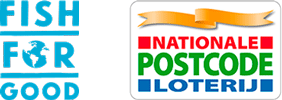The Cape's Hope
How South Africa’s squid jiggers are fishing for the future
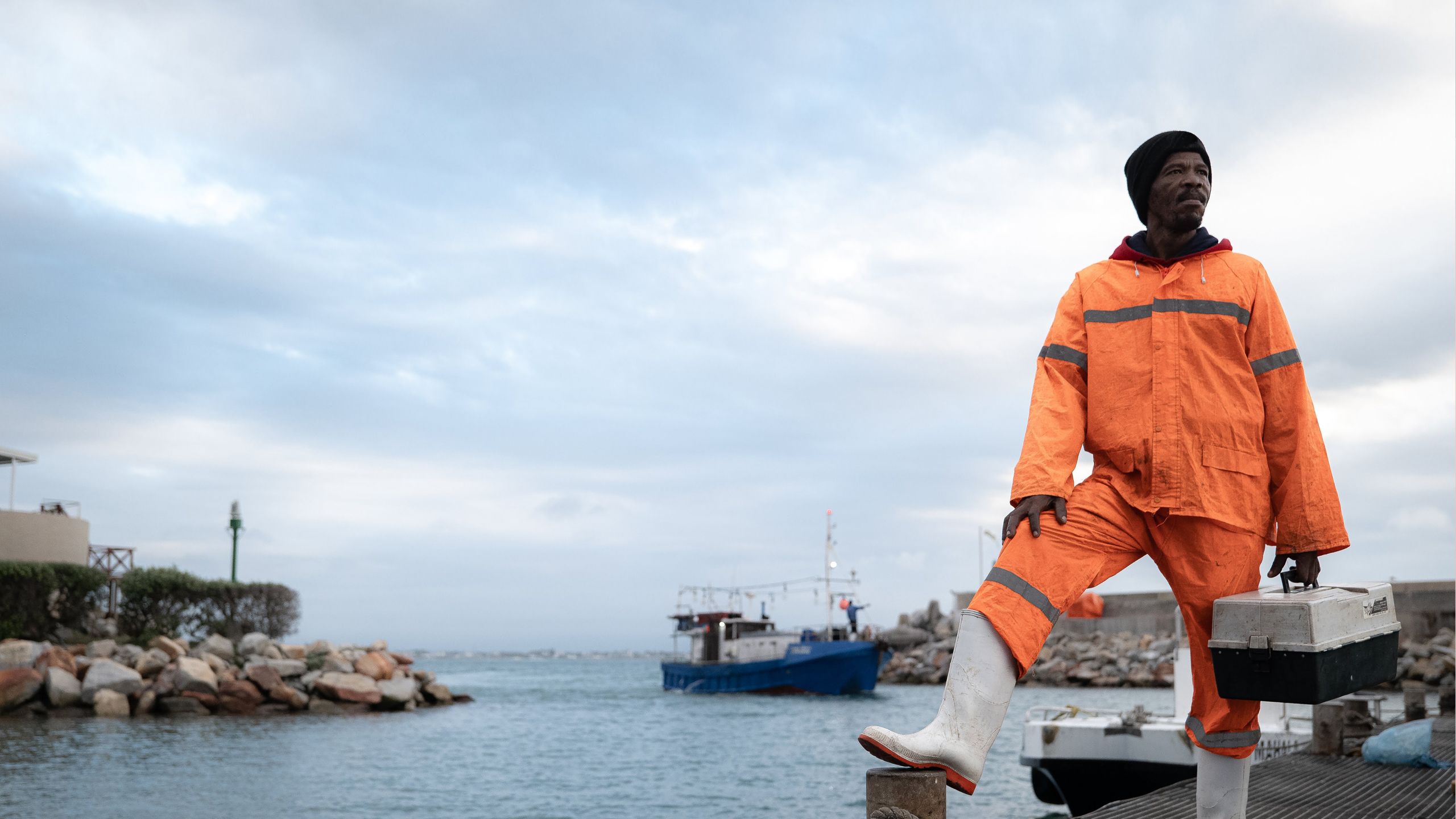
From ashore, it looks like a necklace of stars draped across an inky abyss. The Striker fishes for chokka (squid) off the craggy coves and wave-sculpted bays of South Africa’s wild southern coast.
Though it’s late, the deck is a hive of activity. Beneath a string of huge lamps set to attract the squid a dozen or so fishermen are hard at work landing their catch.
They jerk hand lines at the end of which are lures with small crowns of barbless hooks, in a process known as jigging. As they haul the catch aboard, there’s often a need for a very different type of jig: a deft move left or right to avoid a blast of ink that the squid can unleash when caught.
In the wheelhouse is Arthur Paulse. A veteran skipper of 37 years, it’s Arthur’s job to look after the boat and crew, and to find the squid. Judging by the amount that’s being landed tonight, he’s pretty good at it.
Arthur comes from a family of fishers and first picked up a rod and line when he was still at school. Over the years, he’s dabbled with hake and other fish, but these days only catches a single species: the Cape Hope squid (Loligo reynaudii), known in these parts as chokka, calamari or white gold.
“Fishing is in my blood”, he says. “Some days it can be hard to find the squid and it gets stressful, but when you succeed, all that goes away. The lines are working, the catch is being hauled aboard, everyone is happy. I can’t imagine doing anything else.”
With any luck, he shouldn’t have to.
Today, the fishery is widely regarded as well managed. Their squid is ranked among the world’s best tasting, and is one of South Africa’s most important seafood exports.
But having fished these waters for a third of a century, Arthur’s been around long enough to remember when things were a little different.
See how Fish For Good is working with the squid fishery to optimise sustainability, safeguard stocks and protect local livelihoods
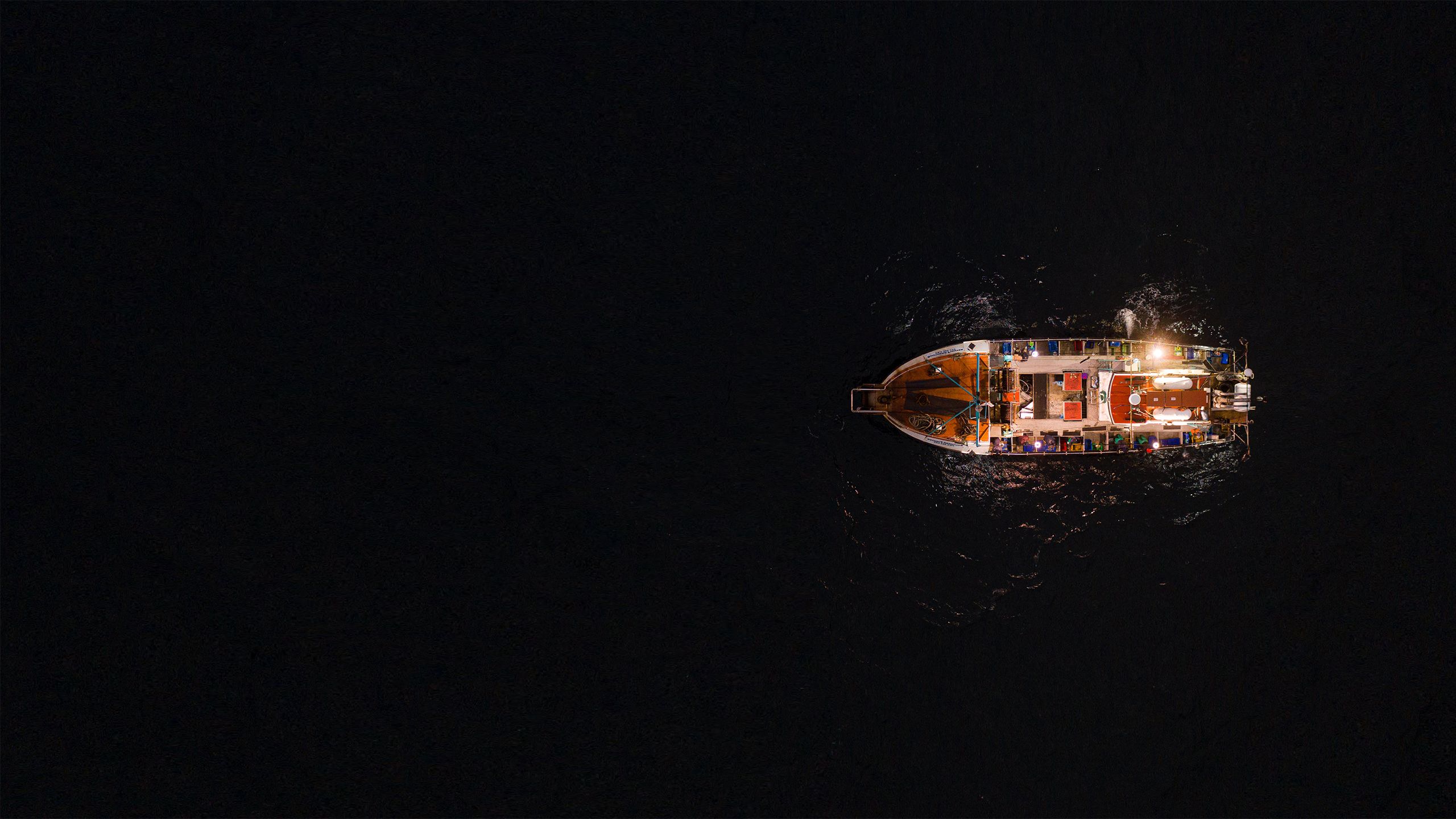
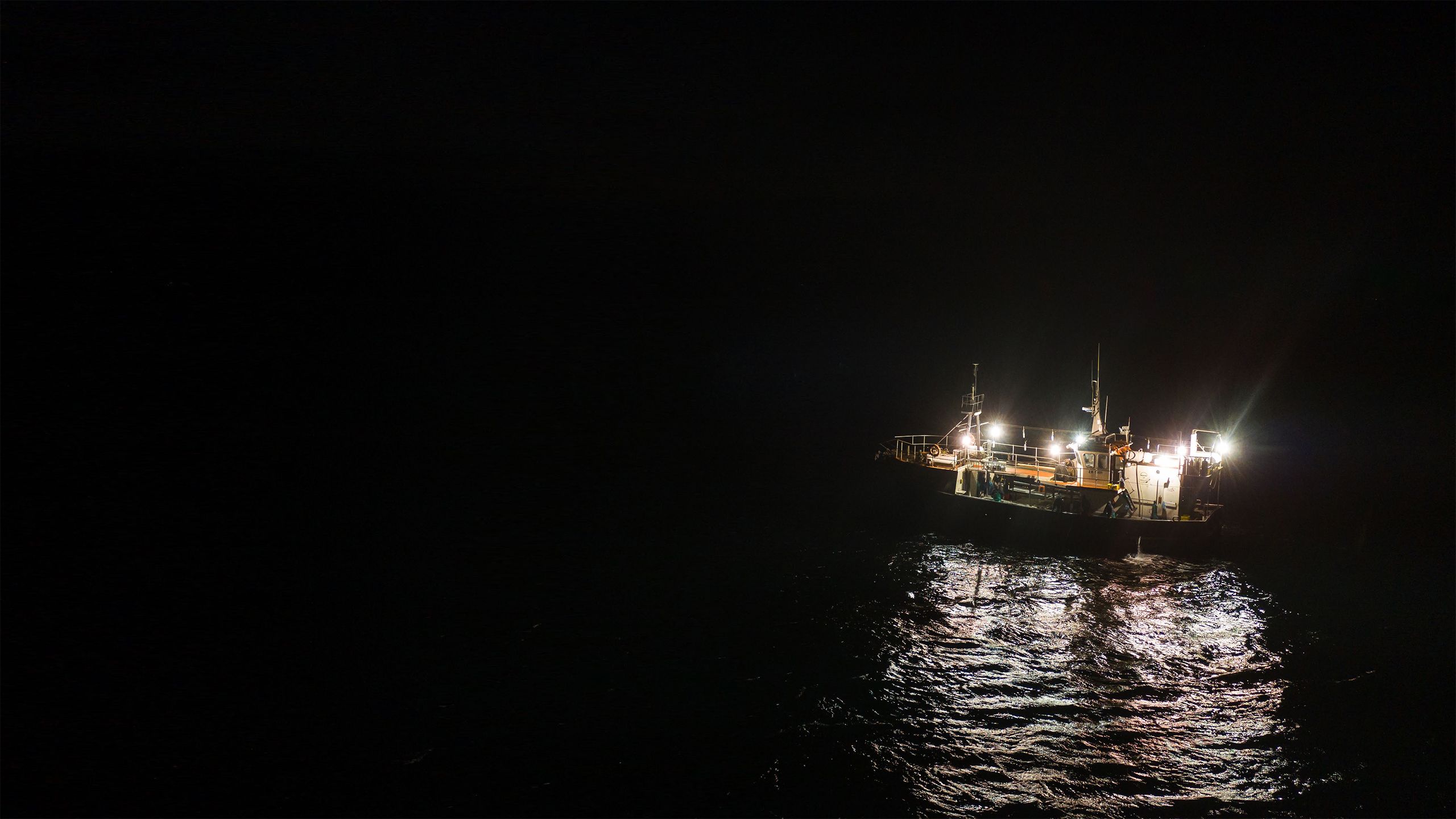
Until the early 1980s, St Francis was a sleepy beach town best known as the site of the “ten-million-to-one” waves in cult 1960s surf movie The Endless Summer.
When Greg Christy’s family of fishers moved to the area back then, the reception they received was a little frosty. “I wouldn’t say the community was very welcoming at first,” he says. “They thought of us as dirty fishermen because the ink from the squid would squirt us”.
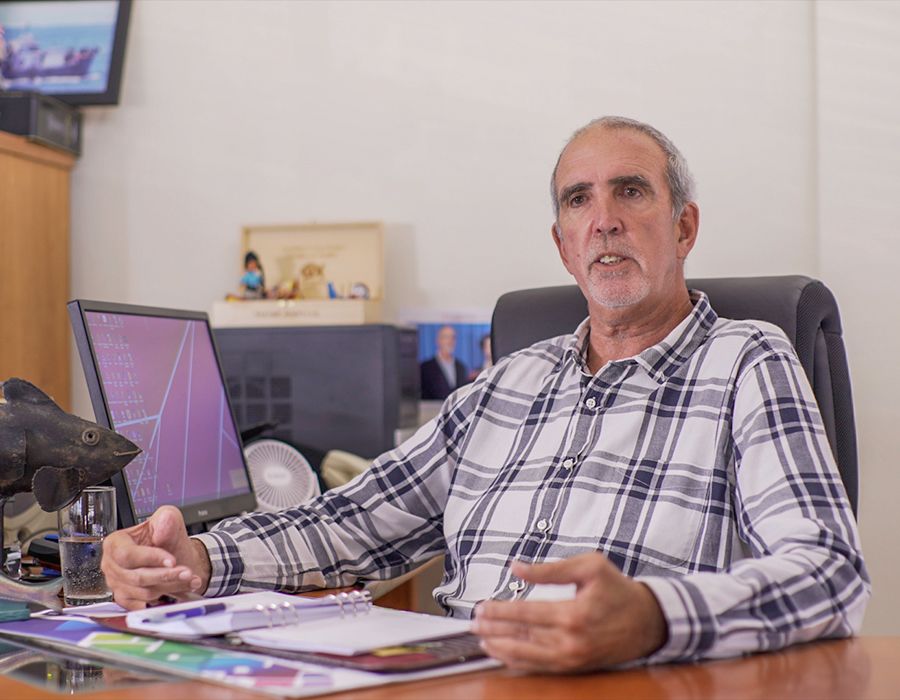
At the time, the Christys were far more interested in line fishing, and only caught squid for use as bait. Until one day, a chance encounter with a seafood exporter changed everything.
“He [the exporter] recognised it as the same type of squid they caught in the Med, realised it could be valuable and asked us to put a container together” Greg says.
“We found a local dairy with a freezing facility and sent our first container to Italy. With that the market for squid exploded.”
The white gold rush had begun.
In the four decades since, squid has grown from an inky afterthought to a global seafood superstar worth an estimated €20-25 million a year. Its texture and taste is particularly prized in Southern Europe, where the majority of the catch ends up. It’s the sector’s third largest employer in South Africa, and directly supports 2,500 people in St Francis alone – half the permanent population.
These days it’s squid, not surfing that’s central to the village’s identity and the backbone of its economy. Health centres, restaurants and hiking trails all share the chokka name, whilst once a year, amateurs and professionals cook off against each other in a bid to be crowned Chokka King during the famous Chokka Festival.
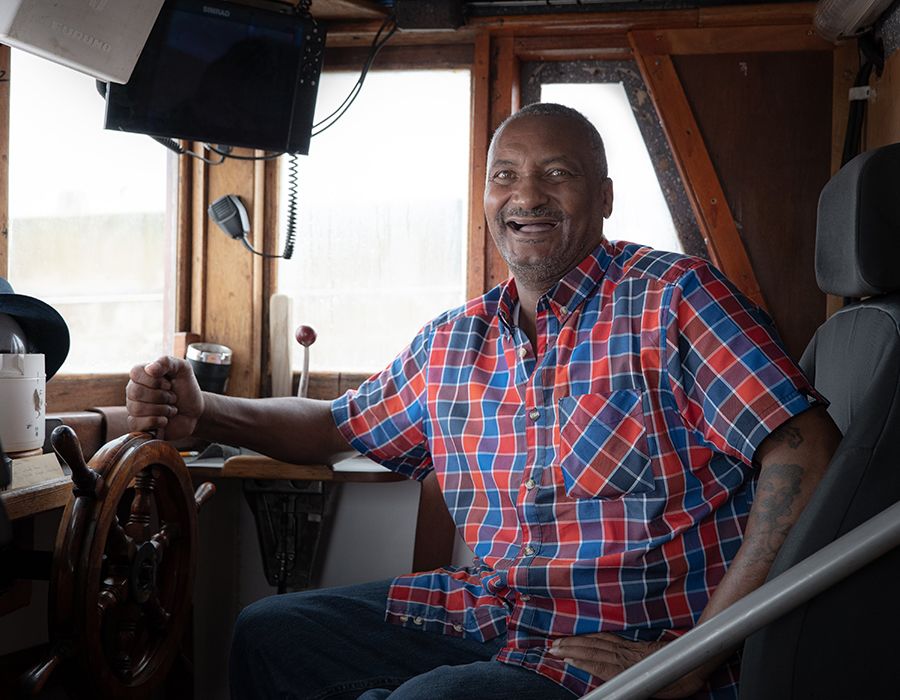
For Arthur, squid has been nothing short of life changing.
“I'm very grateful for the chokka: it feeds my family and gives me a good life,” he says. “It paid for my daughter’s schooling. She’s an accountant now and I couldn’t be any prouder”.
Squid has become, as harbour master Johan Barnard puts it, “the heart of St Francis”.
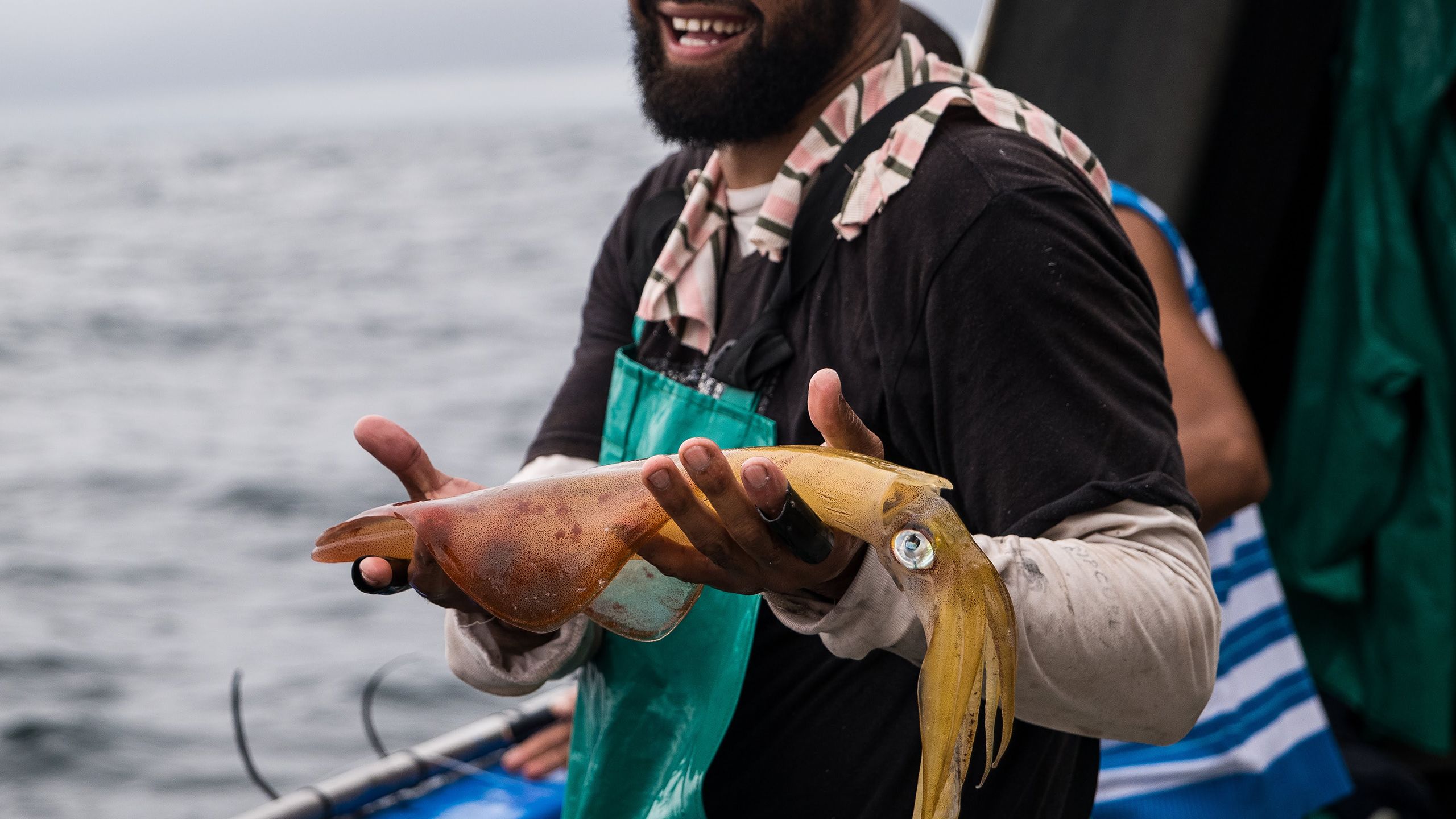
Catching squid


While the humble squid has completely transformed almost all aspects of life in St Francis over the last forty years, one thing has stayed the same: the way the fishers catch it.
Around the world, most squid are caught in trawl nets or with automatic squid jigging machines. But here in St Francis, things are still done the old way, by hand. It’s a traditional method with a huge number of benefits. Because the squid are taken one-at-a-time with specialised equipment, there is very little accidental capture of other species or undersized squid, and where this does happen, they can easily be released back into the sea unharmed.
There is almost no impact on habitats, because the fishing takes place in the water column, far above the seabed. And it’s far more labour intensive than newer methods, making the fishery a crucial source of local employment.
“Fishing by hand is the way to go,” Arthur says. Greg agrees, highlighting the decision to “not industrialise the fishery with nets or machines” as key to the fishery’s success.
But the right fishing gear is only part of the sustainability story.
Squid live fast and die young, rarely reaching their second birthday. Were Arthur and the other fishers to catch them during their breeding season, the squid might not have the chance to reproduce, impacting catches in future years.
To guard against this possibility and promote better management, the fishery operates two closed seasons and also manages total effort, limiting both the number of people allowed to fish and the number of days at sea.
It’s a delicate balance. The closed seasons mean that no fishing takes place for a third of each year. This means no work for the fishermen, and “millions of rands in boats sitting idle”, as Greg puts it.
But for Arthur and the other fishers, it’s a necessary sacrifice.
“We have to look after the squid so that it can sustain itself. If the squid live, we live. And if there are decent amounts of squid, we make a decent living. It works both ways.”
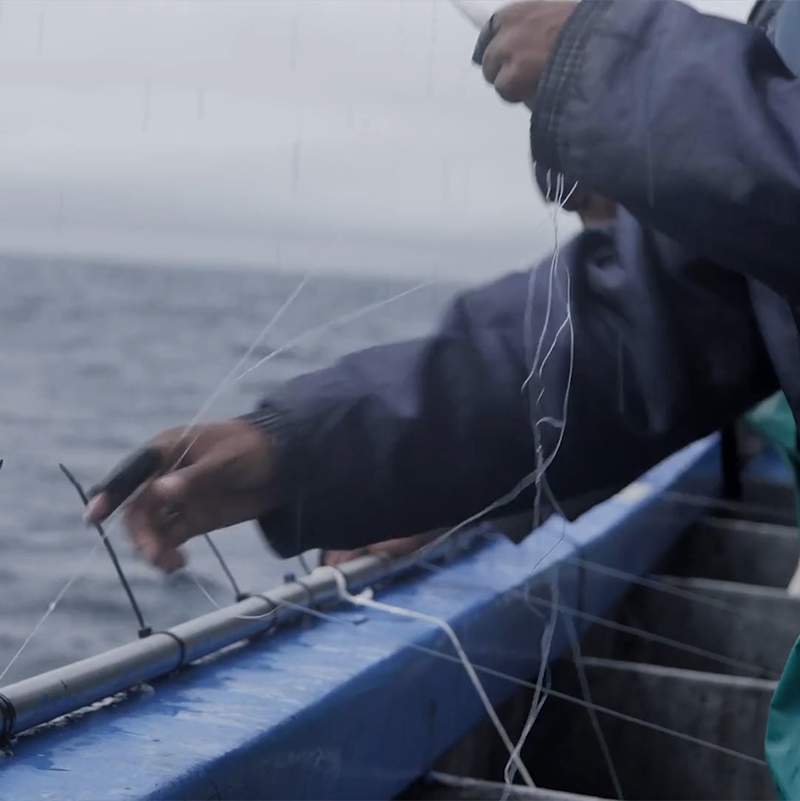
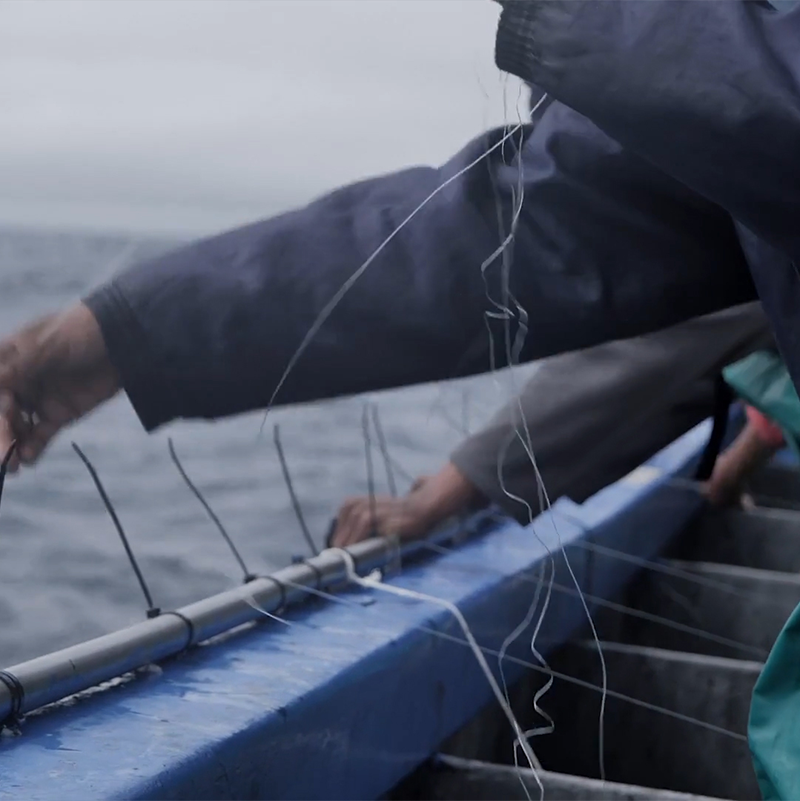
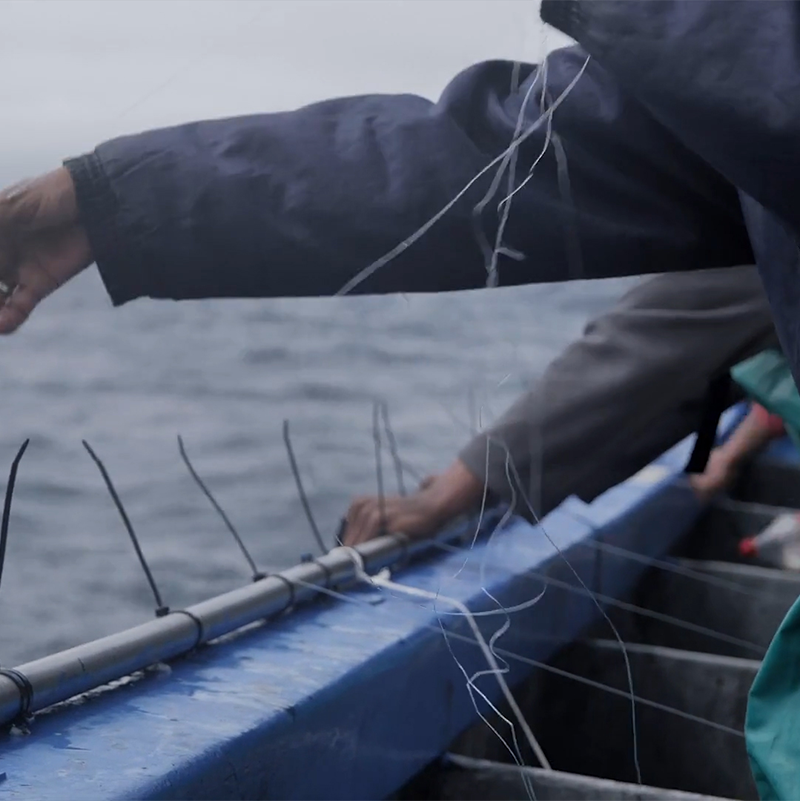
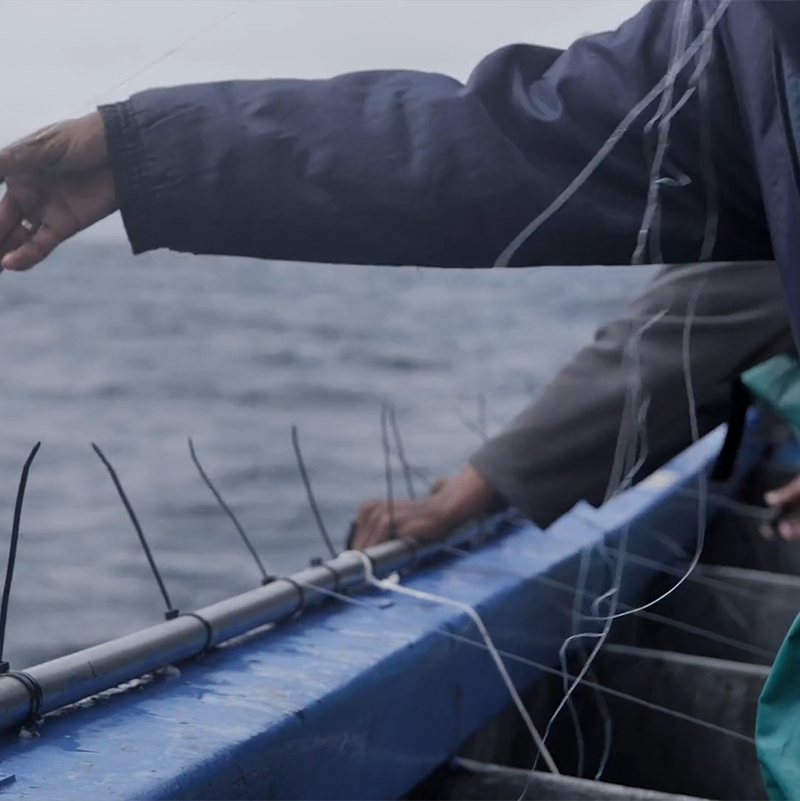
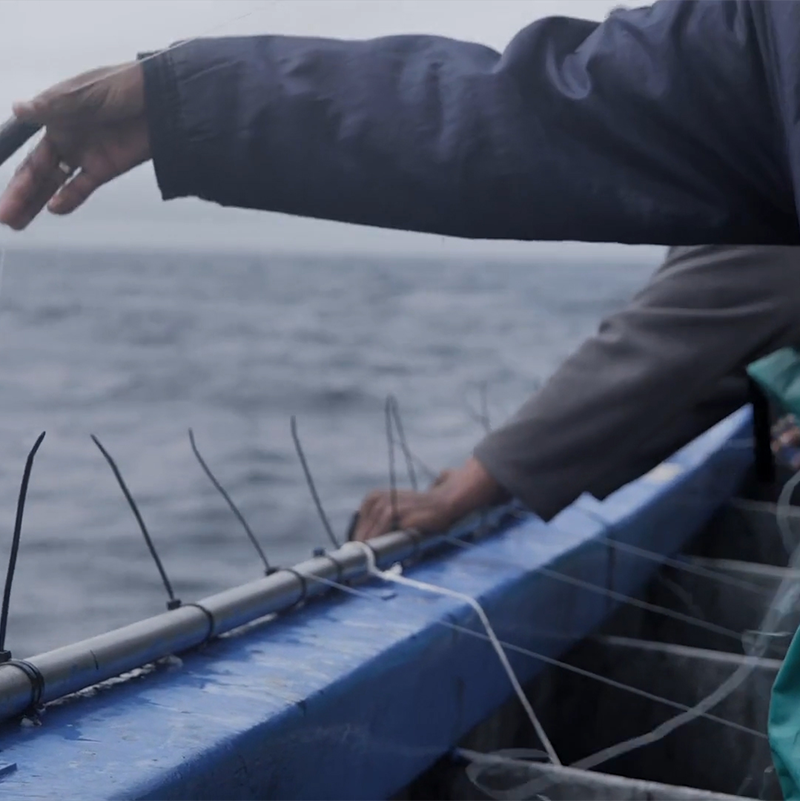
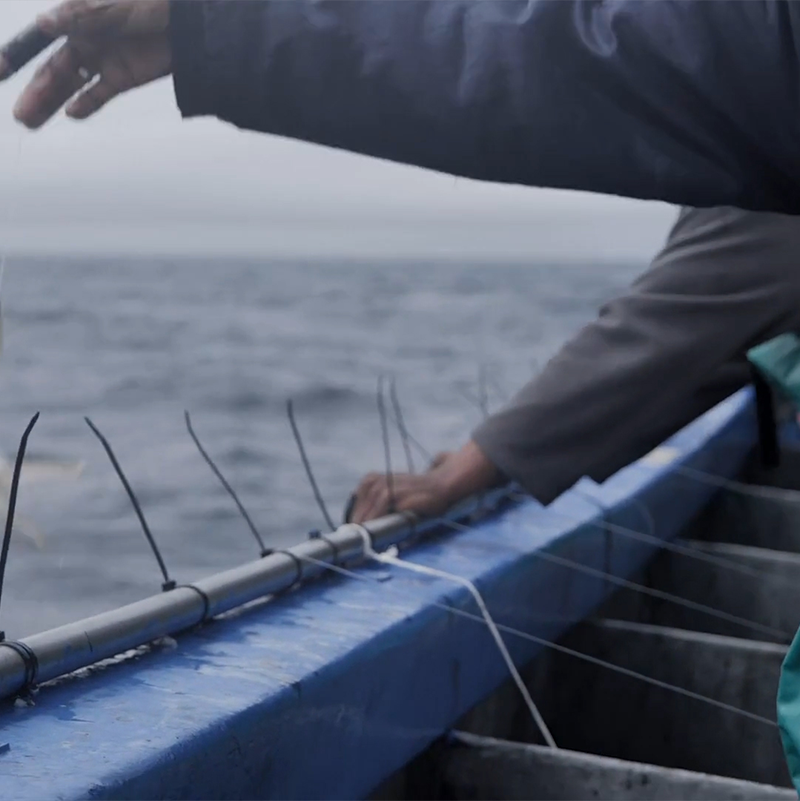
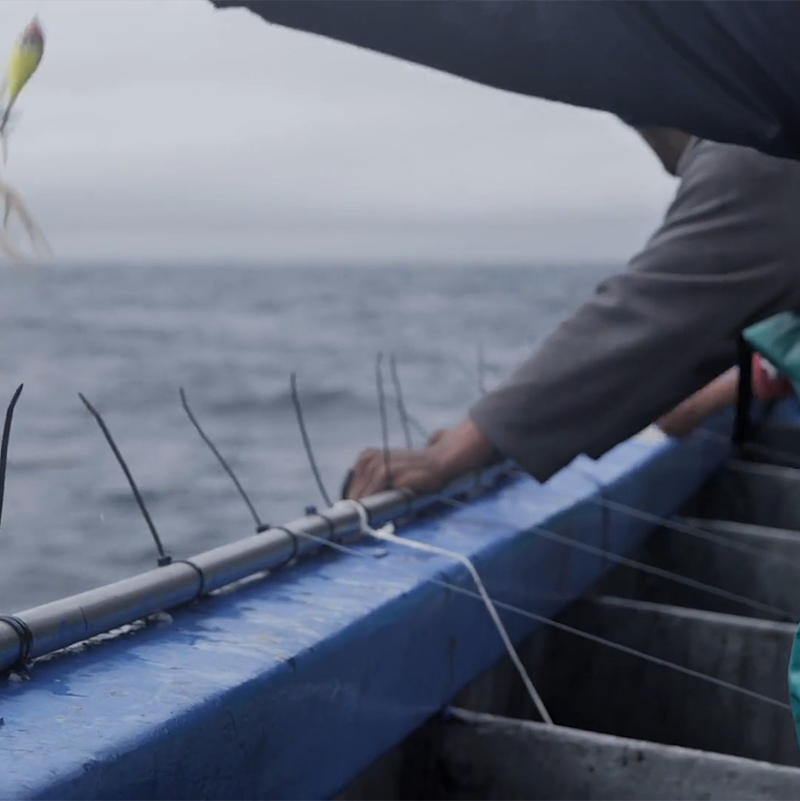
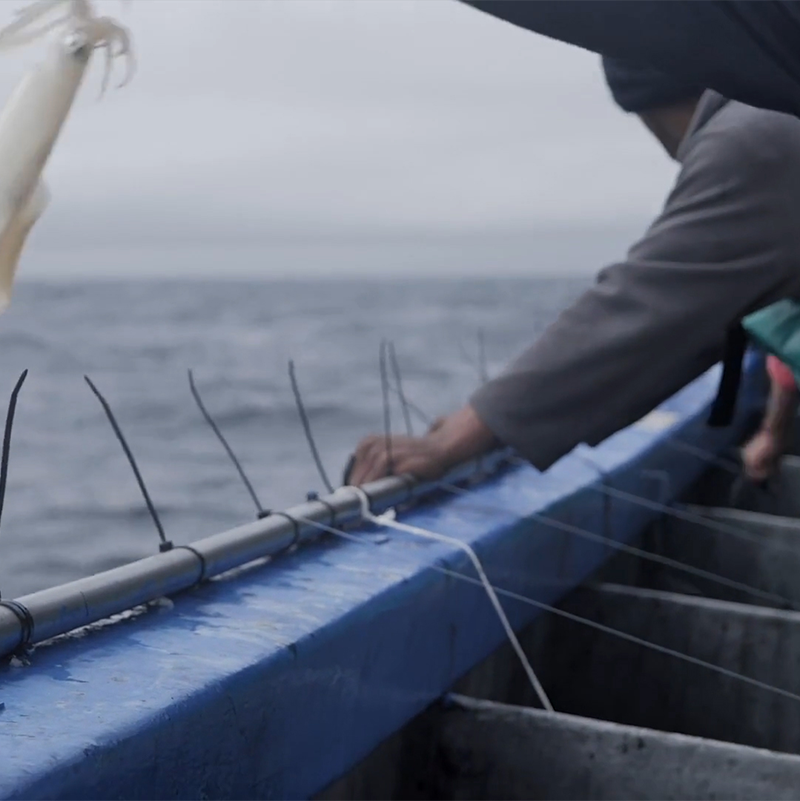
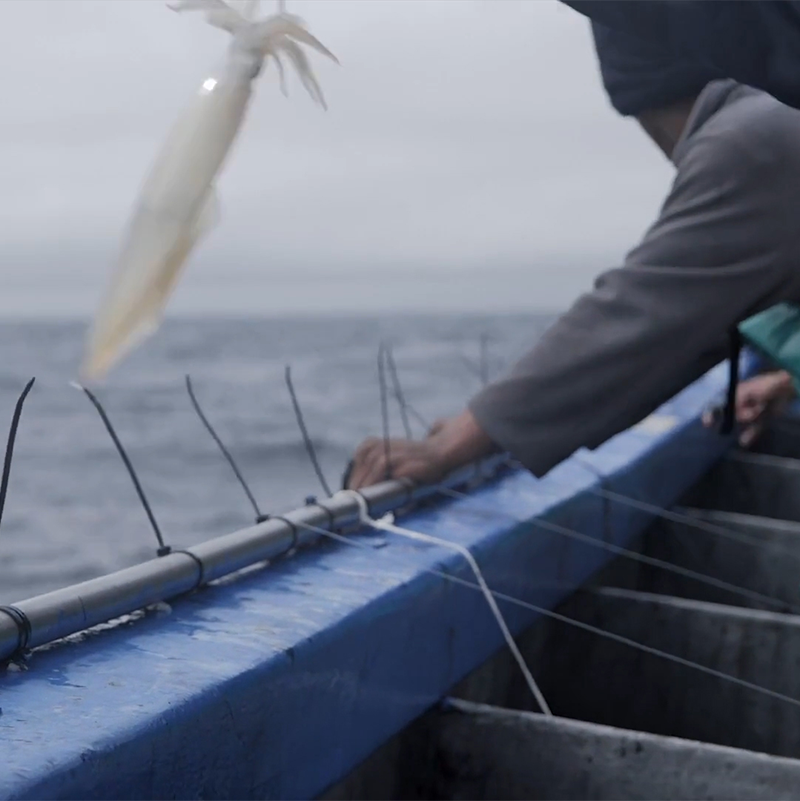
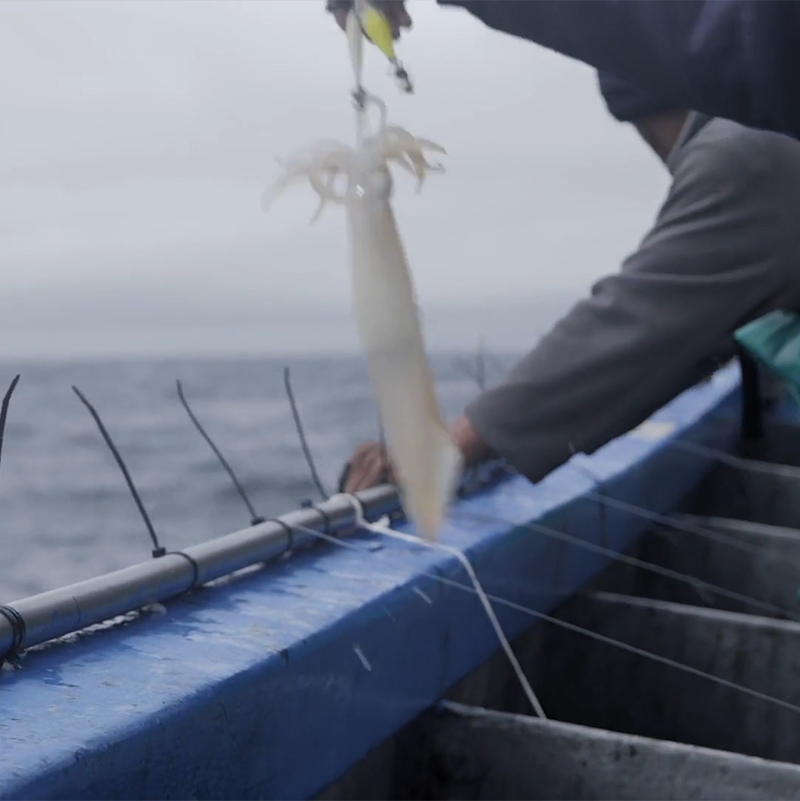
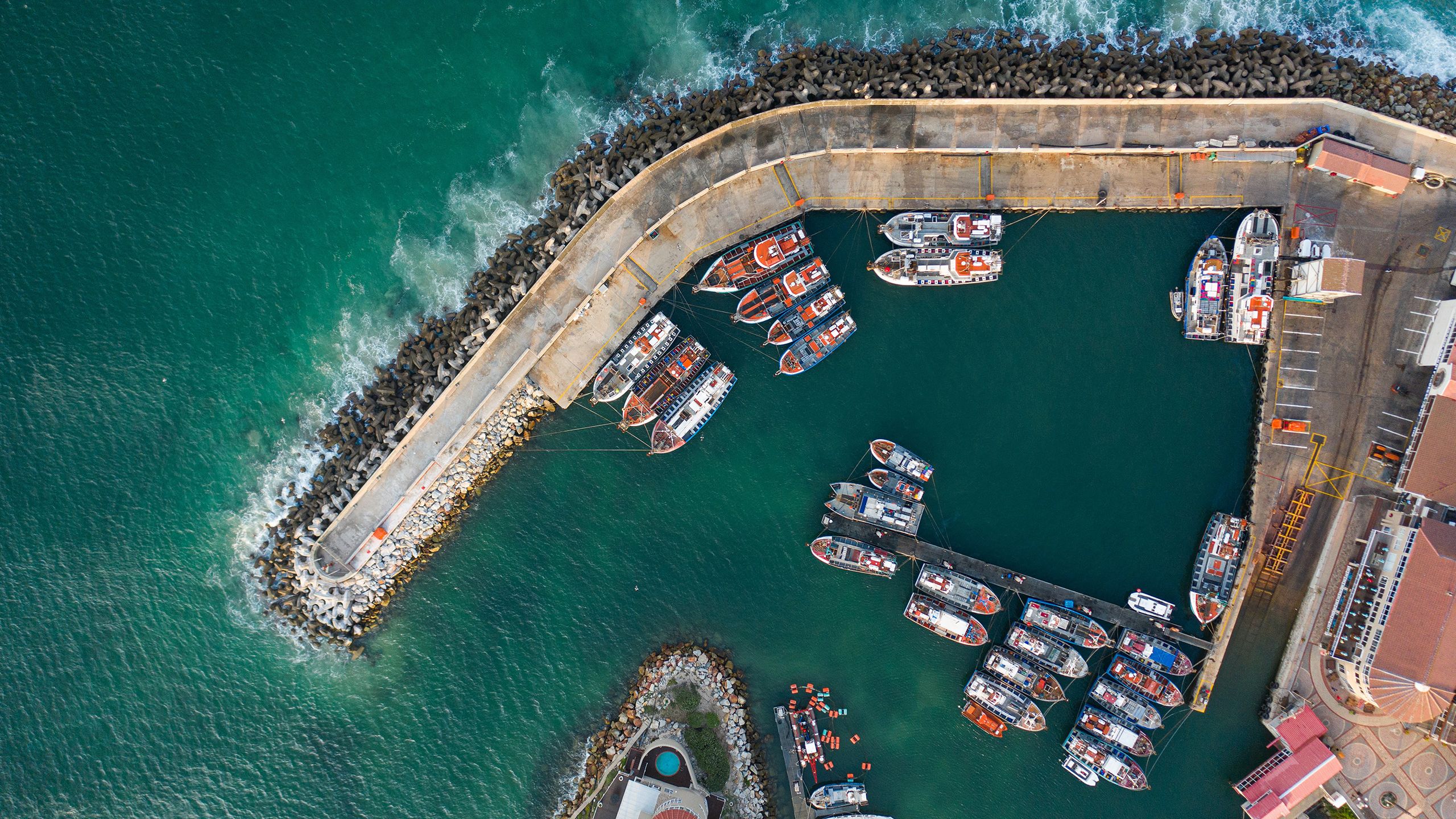
Fishing for the future


So far, smarter fishing practices, agile management and a unique, traditional gear have combined to create a well managed fishery.
But Greg, Arthur and the rest of the sector aren’t stopping there. They know that sustainability isn’t a fixed destination but a journey of continual adaptation. There will always be new challenges to overcome to ensure that the health of squid populations, and the livelihoods of those who depend upon it are secured long into the future.
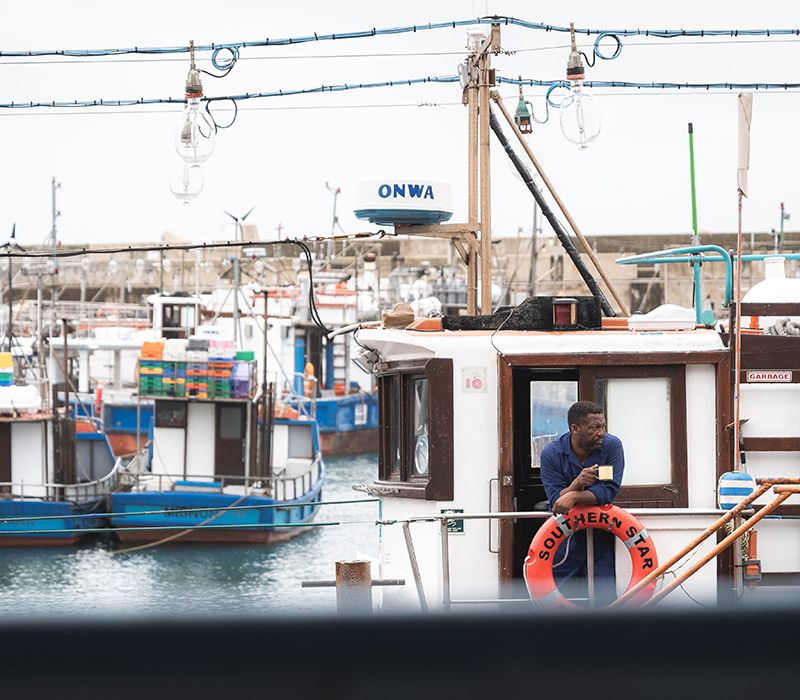
To this end, they’ve joined forces with Fish For Good South Africa to optimise the sustainability they’re working so hard to achieve. Initiated by the Marine Stewardship Council, the international sustainable seafood ecolabel and certification program, and supported by the Dutch National Postcode Lottery, the four-year initiative is working to further improve fishing practices, management and governance so that the industry may continue to thrive.
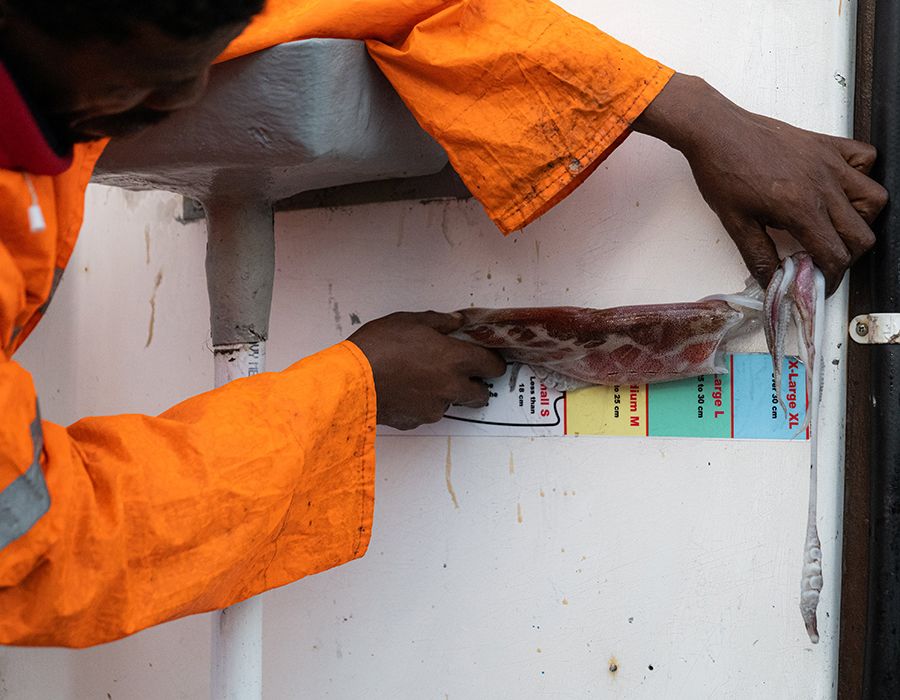
The fishery has recently undergone a pre-assessment to measure how it performs against the rigorous sustainability requirements of the MSC Fisheries Standard, and developed an action plan in collaboration with WWF to address the areas where there is still room for improvement.
There is always more to do, and the industry is optimistic.
“I have a lot of hope,” says Johan. “Look how far we have come already. I think the future looks very bright for us”
Arthur goes further.
“As long as we keep fishing sustainably, we’ll have a livelihood we can rely on”, he says. “I’m 60 now and I reckon I can go for another 10 or 20 years – or maybe another 60!”

